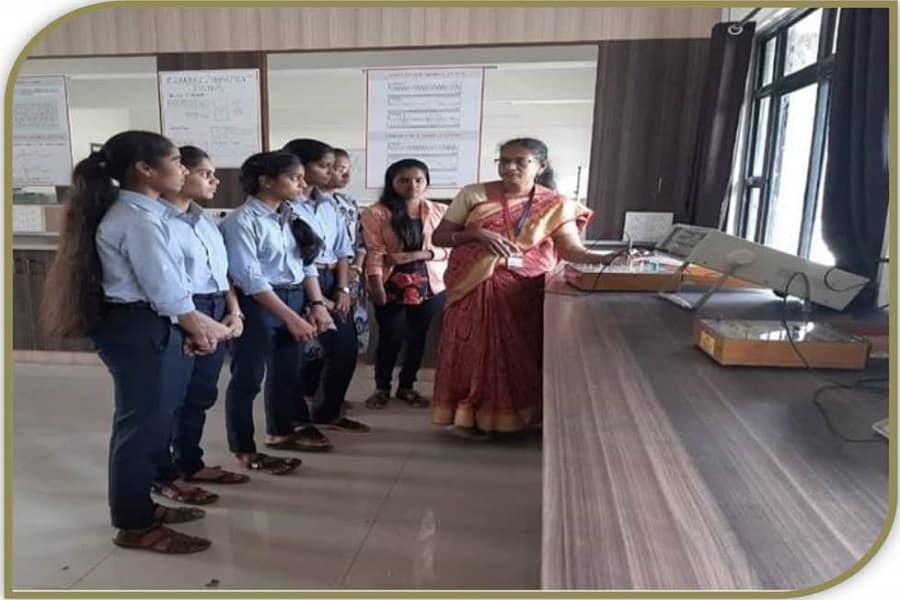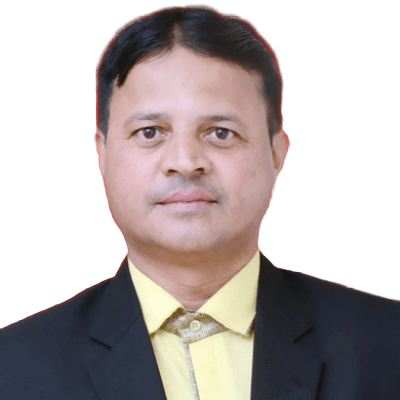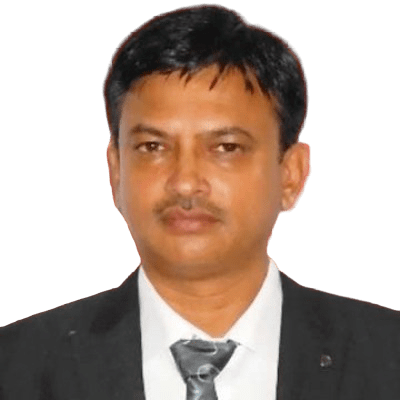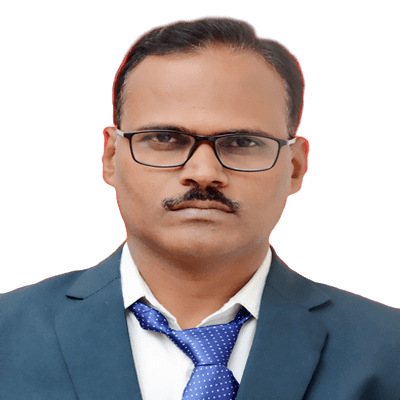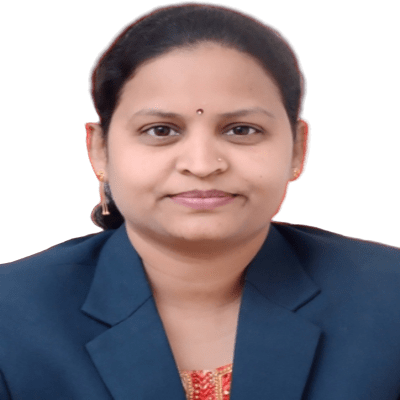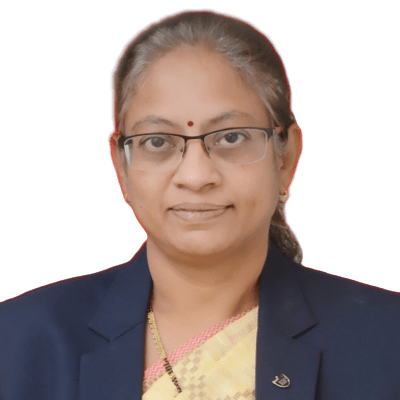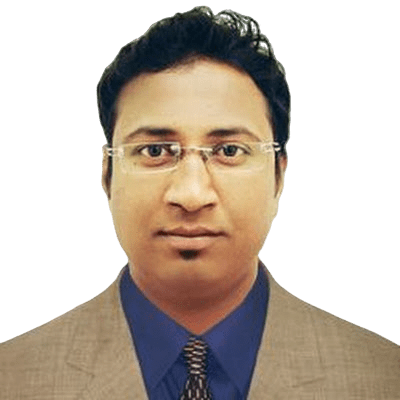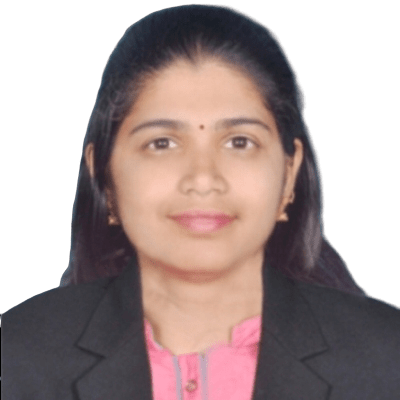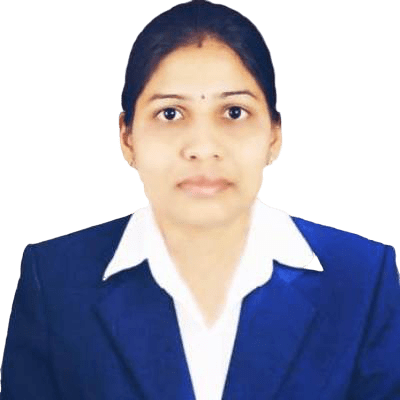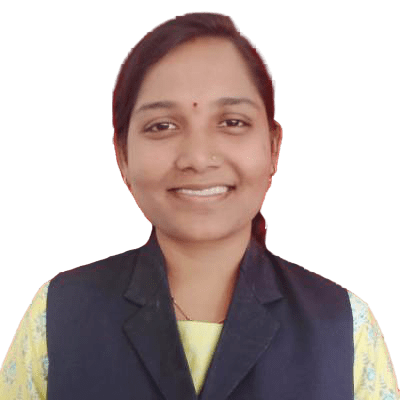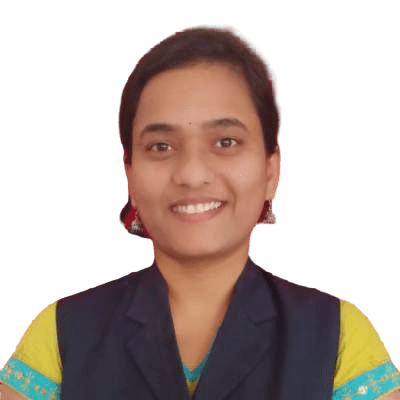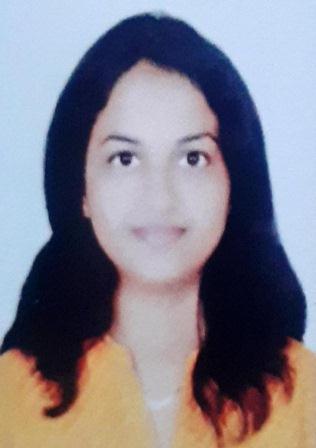Department of E&TC Engineering
Introduction
A warm welcome from the Department of Electronics and Tele-communication Engineering at Rajgad Dnyanpeeth's Shri Chhtrapati Shivajiraje College of Engineering, Dhangawadi, Pune. Taking into consideration the requirements of industry and research organization we have developed all labs. We have always tried to be globally competitive in all round development of our department. The department has excellent infrastructure and resources in the form of modern equipment's. Our department has a team of well experienced and qualified faculty and supporting staff. The team is striving hard continuously to improve upon the quality of engineering education provided to the students. Several workshops are provided with well-trained supervisors for soft skill development. The core values of the department help the students to develop their overall personality and make them stand confidently in the global competitive technological environment.
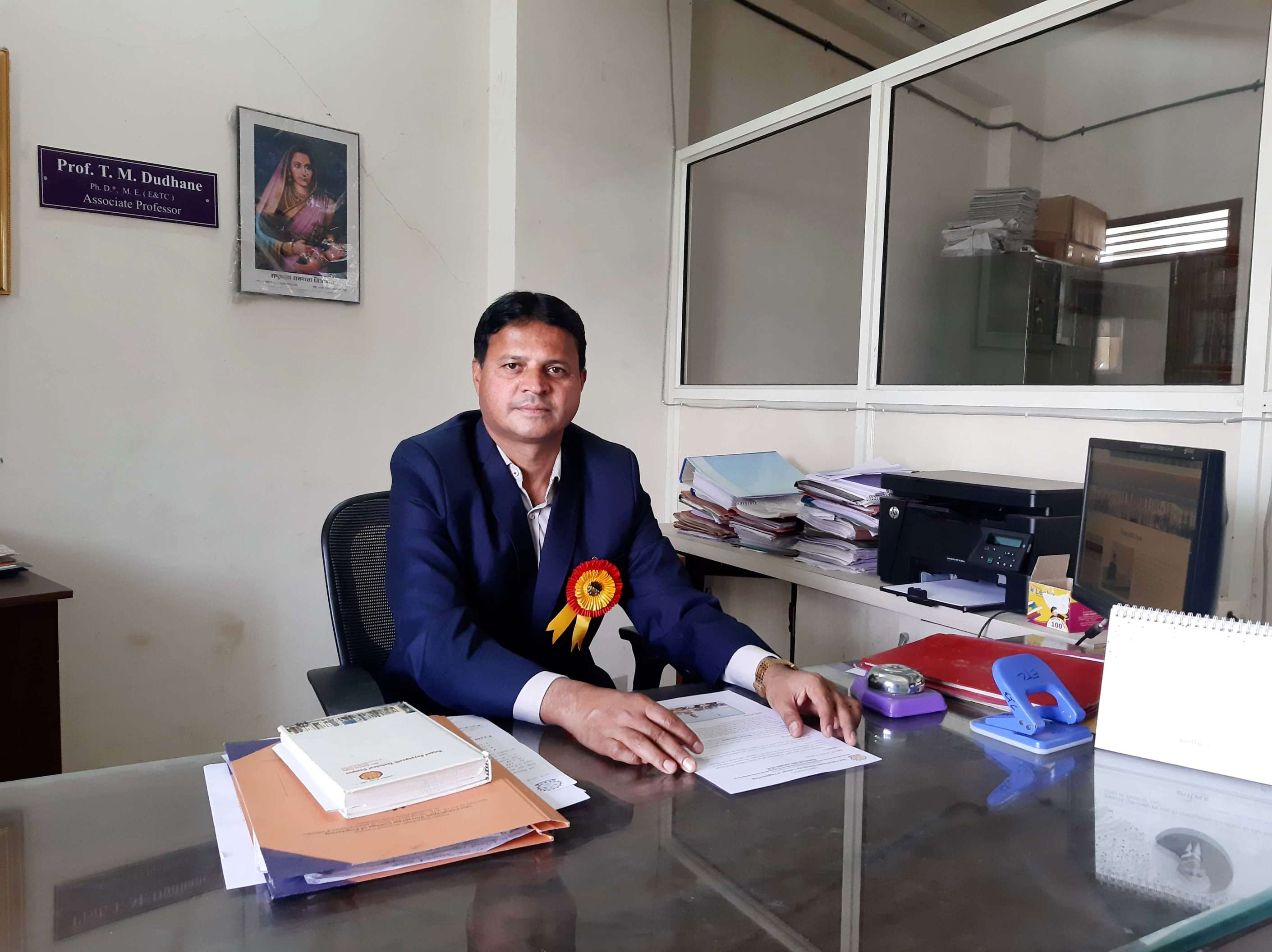
Prof. T. M. Dudhane
Head of Department
Department of E&TC Engineering
The Department offers Bachelor of Technology Degree in Electronics &Telecommunication Engineering, with an annual intake of 60.
The students are trained to learn and excel in the academic & co- Academic spheres.
The department competently functions with its well equipped laboratories and a team of dedicated faculty.
Lab equipped with sophisticated International standard equipment and instruments like Spectrum Analyzer & DSO.
The department has expertise in various fields i.e. Communication, Digital Signal Processing, Microprocessors, VLSI, Microwave and Embedded Systems.
Faculty is involved in inter-disciplinary research program areas like Intelligent Control & Digital Communication,as well as pic microcontrollers.
Vision
-
Excellence in Electronics and Telecommunication Engineering to fulfill expectation of Industries and Society.
Mission
-
Develop zealous Electronics and Telecommunications engineer with good communication skill, social and ethical values for development of society.
-
Promote quality technical education to reach at the highest standard.
-
Prepare and nurture the mind for civil services, higher studies and research activity.
-
Endorse exposure to advanced network standards for sustainable developments.
Program Outcomes
- Apply knowledge of mathematics, science and engineering with focus on electronics and telecommunication engineering.
- Design and conduct experiments, analyze and interpret data and document the result.
- To identify, formulate and solve the electronics and telecommunication engineering problems.
- Lead and manage multidisciplinary teams by applying engineering management and finance principles to handle the projects.
- Realize and follow the ethical principles, responsibilities and norms of engineering practice.
- Communicate effectively and present technical information in oral and written forms.
- Apply engineering solution in society and global contest and evaluate the impact of engineering solution on society, health, safety, legal, cultural issues and the consequent responsibilities relevant to the professional engineering practice.
- Understand the impact of the professional engineering solutions in societal and environmental contexts, and demonstrate the knowledge of, and need for sustainable development.
- Make use of modern engineering software and equipments to apply in electronics and telecommunication.
- Have knowledge of contemporary issue.
- To engage in lifelong learning this maintains continuous professional development.
- Participate and succeed in competitive examinations.
Program Specific Outcomes
PS01: Should be able to understand the fundamental concepts in electronics circuit/ product design, networking techniques, IC design, embedded systems, and signal processing..PS02: Should be able to apply the learning, analyze the communication systems with the help of hardware and software design tools.
PS03: Should be able to handle the project work and prepare engineering project module.
Program Educational Outcomes
- To provide the student sound knowledge of fundamentals of mathematics, science and engineering to formulate, analyze and solve engineering problems.
- To deliver comprehensive education in the fields of electronics, telecommunication, VLSI and embedded system and signal processing for creating novel products and solutions to real life problems.
- To explore the application of knowledge and skills in electronics and telecommunication engineering for the benefits of society and environment concern.
- To exhibit professionalism, ethical attitude, communication skills, team work and adapt to current trends by engaging in lifelong learning.
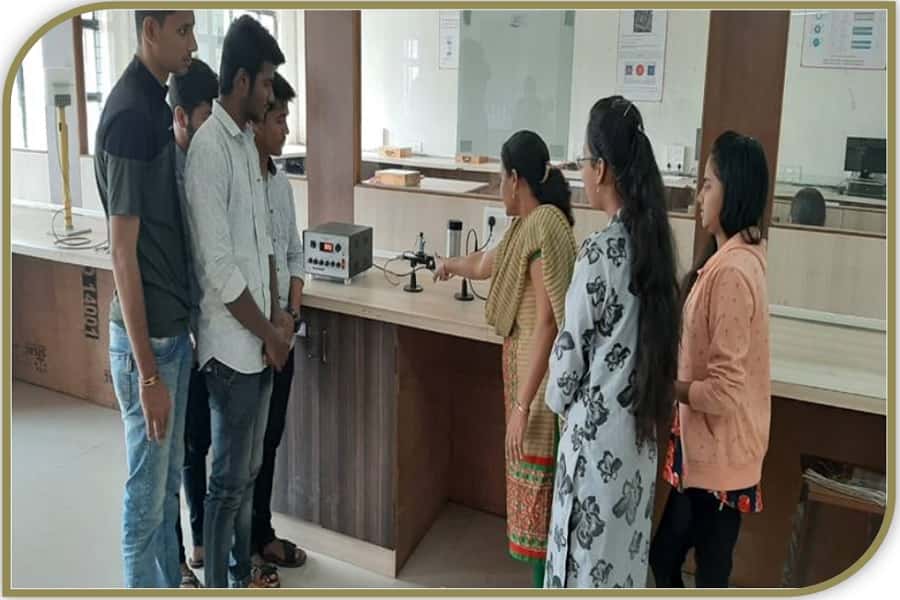
Advanced Communication Laboratory
Lab In-Charge: Prof. R. S. Nipanikar
Lab Details: Antenna System Analyser, Transmission Line trainer Kit, Fibre Optical Trainer, RF Microwave Bench, Satellite communication system trainer, GMSK Modulation Trainer, 3G Mobile Trainer
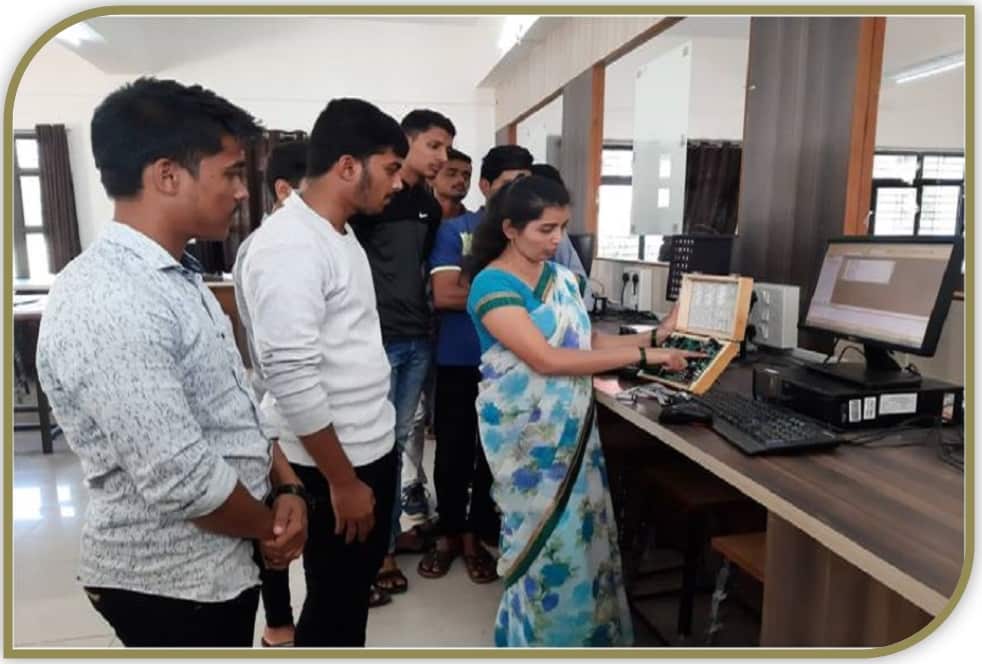
Embedded Systems Laboratory
Lab In-Charge: Prof. A. R. Lokhande
Lab Details: Universal Microcontroller development board, Spirit-II ARM 7 development board, ARM 9 development board for embedded Linux.PIC-18 microcontroller development proto board, TRITON IDE USB dongle based, ARM V1.0 development board, sensor actuator board etc.
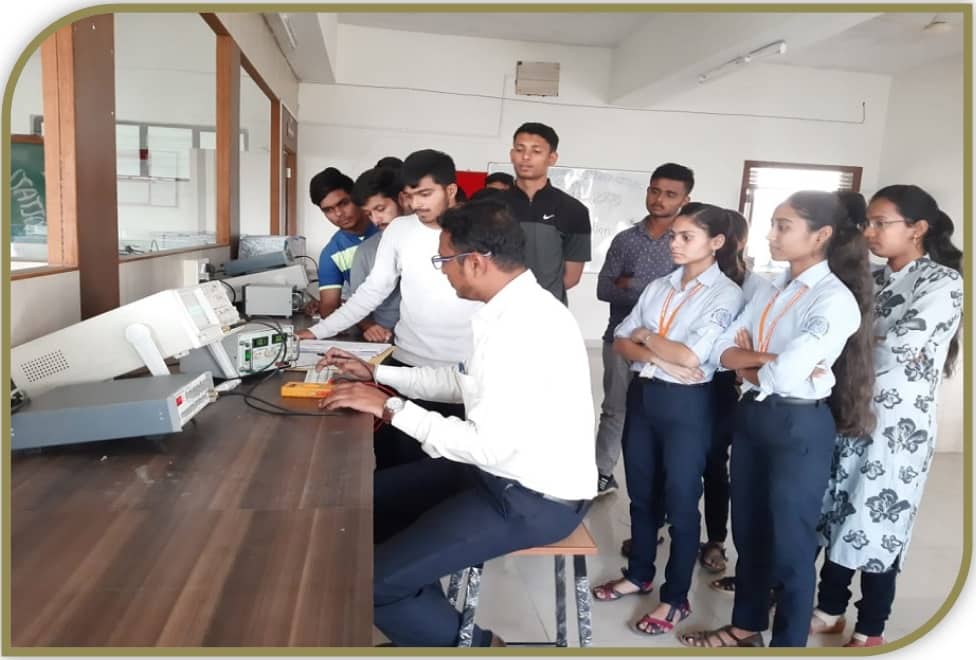
Electronics Devices & Circuits Laboratory
Lab In-Charge: Prof. L. M. Sagale
Lab Details: 100 MHz.2 channel digital storage Oscilloscope, 120000 count dual Display digital multimeters, 100 KHz High precision LCR meter, 9 KHz-3GHz Spectrum Analyzer with tracking generator, 6 ½ digit digital multimeter, Multisim educational schematic capture and spice simulation Software, mixed Domain Oscilloscope.
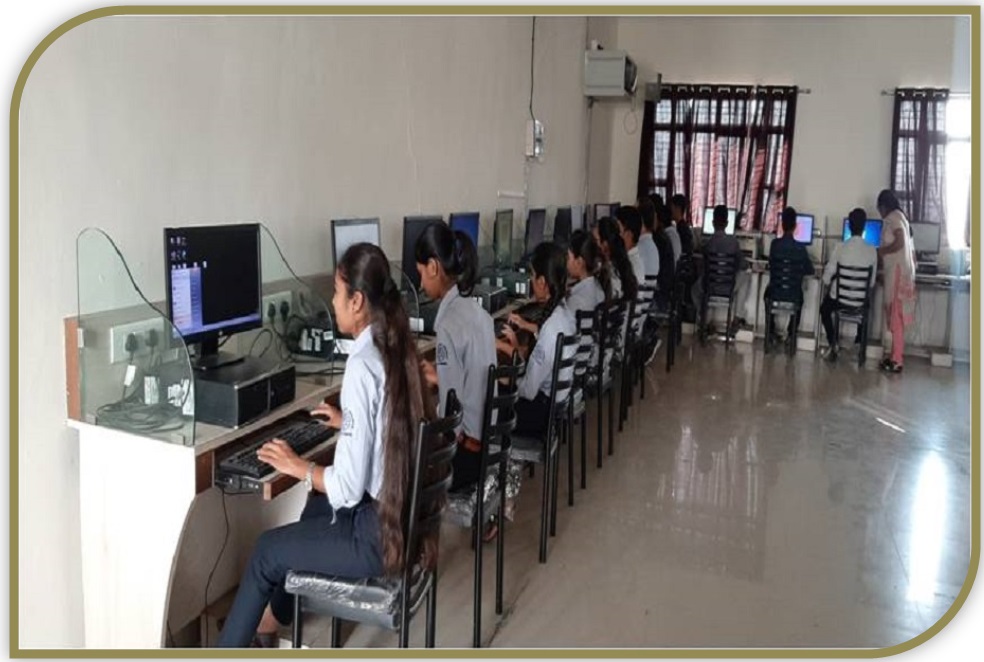
Electrical & Power Electronics Laboratory
Lab In-Charge: Prof. P. G. Bendre
Lab Details: 20 MHz Dual channel CRO, R&RL load,IGBT step Down chopper,SMPS,Servomotor, Optical Encoder,RTD & LVDT Sensors,Liquid flow Measurement Trainer, DC regulated single output power supply,1MHz single generator with frequency Counter, Single Phase Transformer.
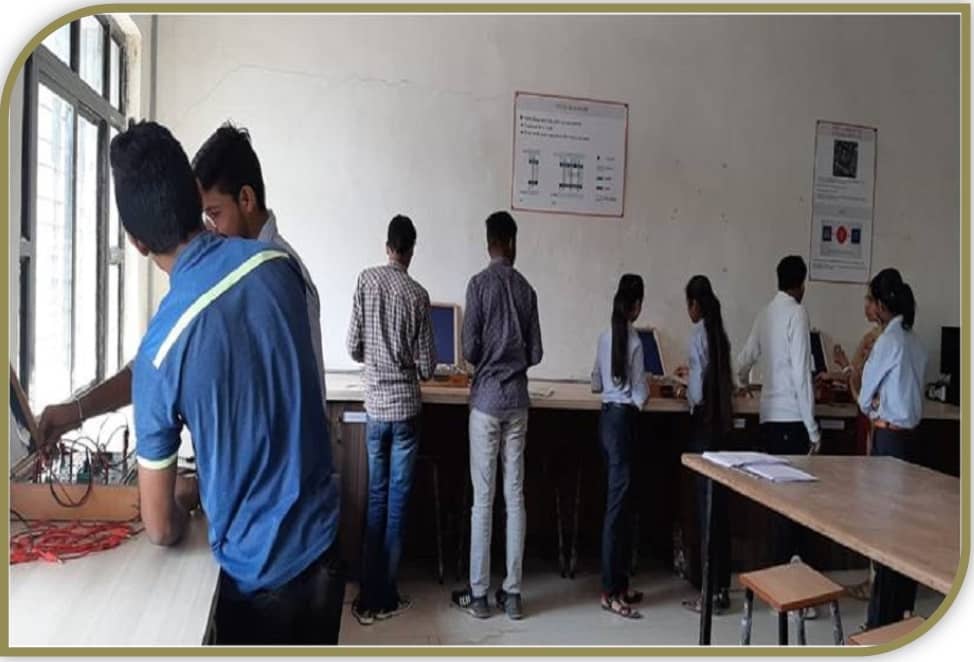
VLSI Design Laboratory
Lab In-Charge: Prof. Dr. S. I. Nipanikar
Lab Details: FPGA Family Spartan 3, Spartan 2, Digital Trainer kit, wind software 3.2 License, Xilinx ISE 9.2i.

PCB Design Laboratory
Lab In-Charge: Prof. P. S. Gham
Lab Details: PCB Drilling machine, photo resist DIP coating machine, Etching Machine, Shearing machine, UV exposure machine, Photo die and developer, Spares and chemical etc.
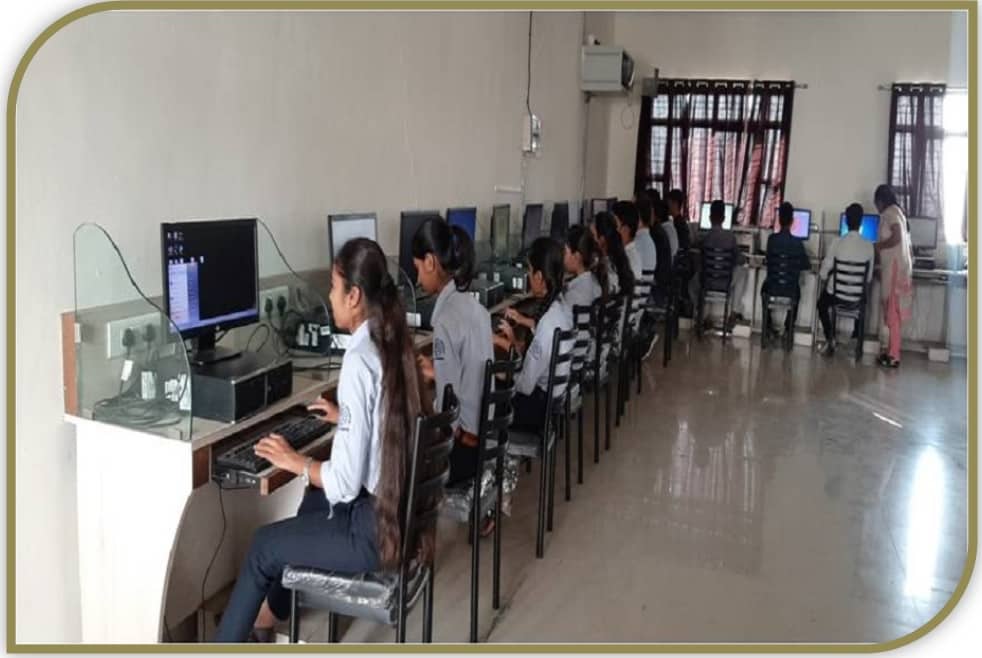
Simulation Laboratory
Lab In-Charge: Prof. S. Y. Tule
Lab Details: Comp System –Lenovo 3010Intel i5 3470 3.20 ghz Processor, 4 GB RAM, 500 GB HDD, DVD Optical Drive, Includes: Keyboard and Mouse, Lenovo LCD 18.5“ Software Price Network Switch D Link 24 PORT D-link 4 U Rack Etc.
